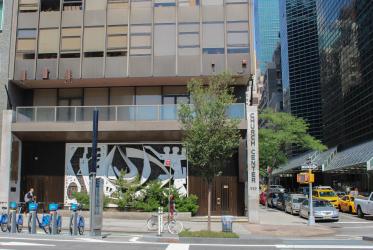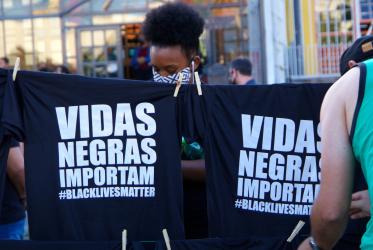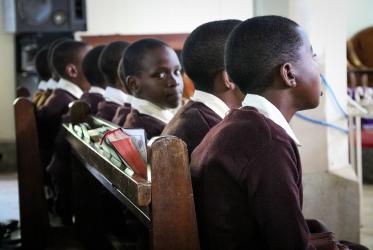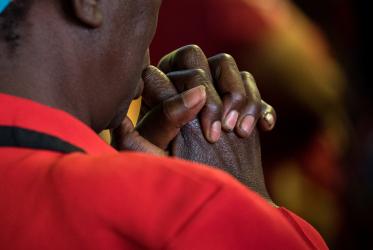Displaying 1 - 20 of 23
28 March 2024
ACT Alliance general secretary: “equity is not negotiable”
26 September 2023
In New York City, the spirit of Thursdays in Black is thriving
06 October 2022
Ukraine: Responding to humanitarian need
08 September 2022
Webinar explores intersection of debt cancellation and anti-racism
09 December 2021
















